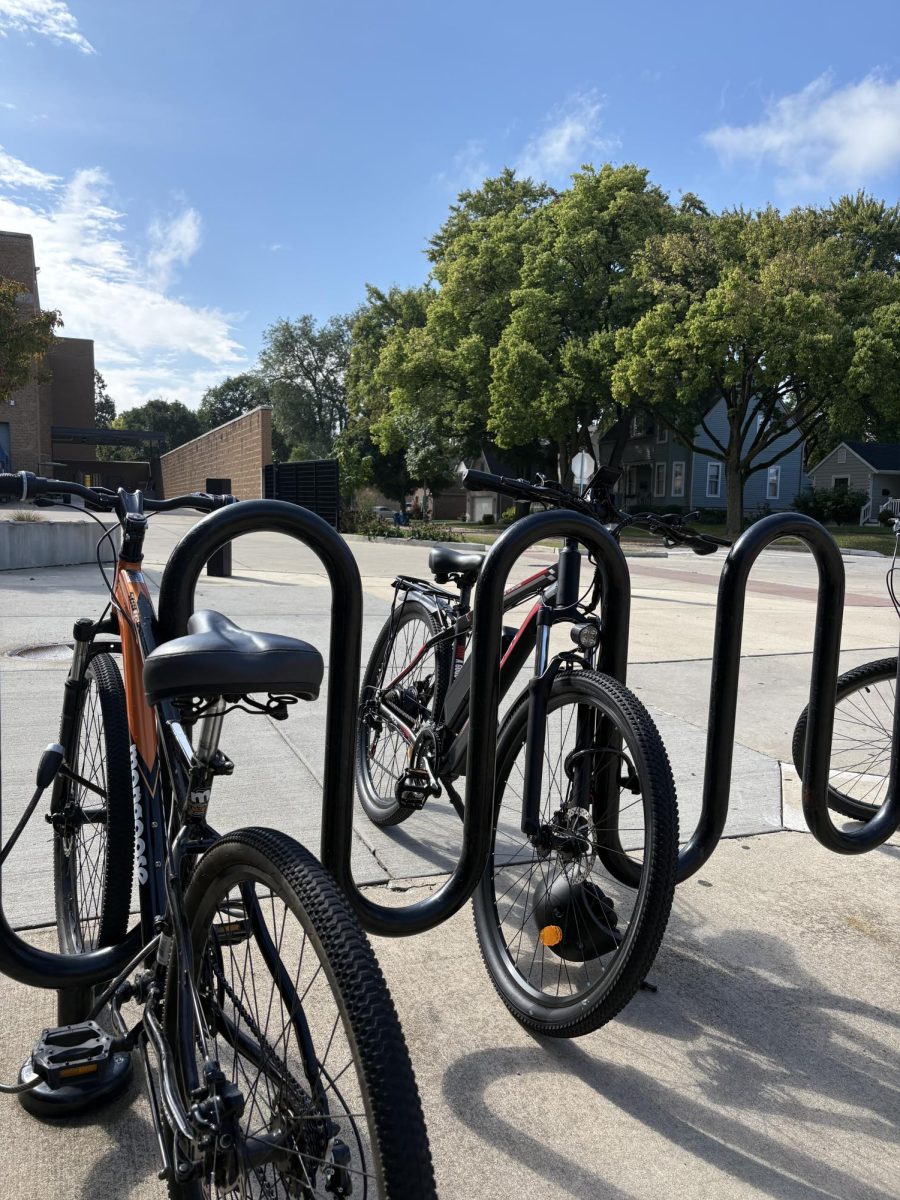RISE Act allows undocumented students state aid
February 26, 2020
The Retention of Illinois Students and Equity (RISE) Act was signed June 21, 2019, and officially came into effect Jan. 1 of this year. The Act gives transgender and undocumented students, who are disqualified from federal financial aid, the ability to apply for all forms of state financial aid.
According to Federal Student Aid, undocumented students and Differed Action for Childhood Arrivals (DACA) recipients are ineligible for federal student aid. As a result, many states (now including Illinois) have provided compensation in the form of state financial aid.
The RISE Act includes the opportunity for these two groups of students to apply for the Illinois Student Assistance Commission’s assistance initiatives, including the Monetary Award Program (MAP)—the state’s most popular need-based college tuition grant program.
There are an estimated 98,000 undocumented students who graduate from US high schools annually, according to the Migration Policy Institute. If undocumented immigrant statistic trends hold true for only high school-aged individuals, an estimated 4,000 students will graduate from Illinois high schools this year.
In September 2017, the Trump administration attempted to repeal the DACA program. Since then, there has been increased pressure for Congress to pass the Development, Relief, and Education for Alien Minors (DREAM) Act in order to protect undocumented immigrants from deportation.
With this enacted legislation, Illinois is now the 20th state that provides some form of state financial aid for undocumented students, in the hopes of providing more of an equal opportunity for all Illinois students.

























